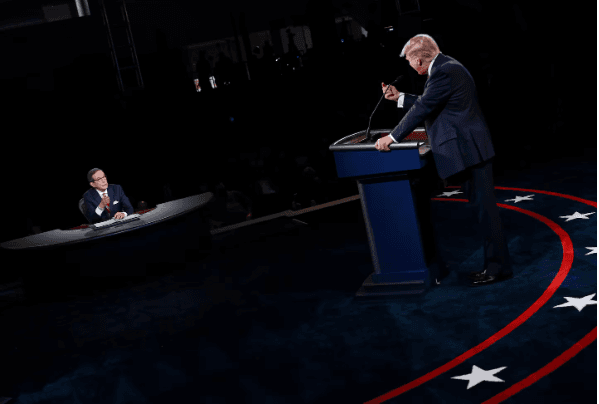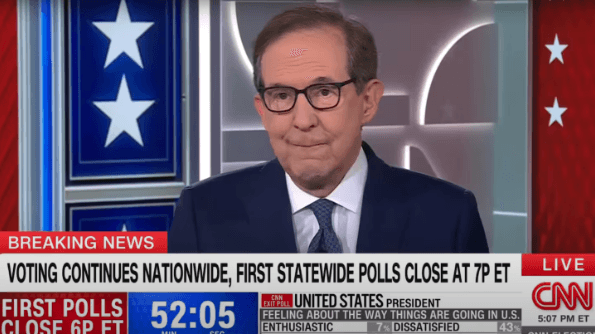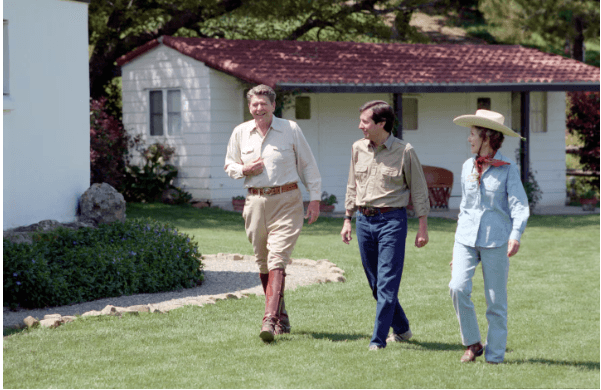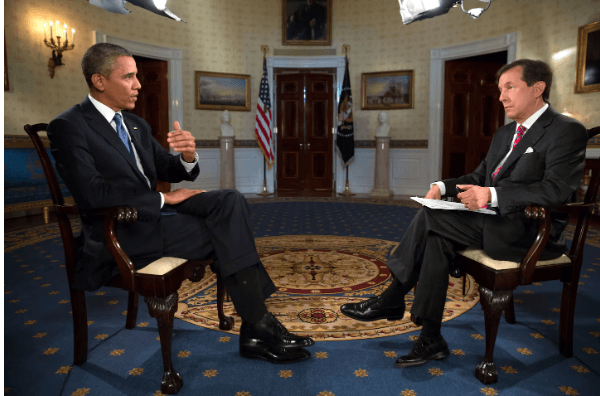
chris Wallace, one of the most respected names in political journalism, has announced his departure from CNN, marking a significant shift in his illustrious career. After three years with the network, Wallace, 77, revealed in an exclusive interview with the Daily Beast that he plans to explore opportunities in independent media, including streaming or podcasting platforms. His decision underscores the ongoing evolution of media consumption and the challenges facing traditional cable news outlets.
A Career Spanning Five Decades

Chris Wallace’s decision to leave CNN is a watershed moment, not only for his career but also for the broader media landscape. With over 50 years in broadcast journalism, Wallace has been a fixture on some of the most prestigious platforms in the industry, from NBC’s Meet The Press to Fox News’ Sunday Morning. His career highlights include interviews with every U.S. president since George H.W. Bush, global leaders, and cultural icons, earning him accolades such as three Emmys, a DuPont-Columbia Silver Baton, and a Peabody Award.
At CNN, Wallace was a key figure during election coverage, including his pivotal role in analyzing the 2024 midterm elections. His ability to navigate complex political landscapes with insight and impartiality has made him a trusted voice in journalism.
The Decision to Leave CNN

Wallace’s exit comes as a surprise, particularly as CNN has struggled to maintain its dominance in a rapidly shifting media environment. Once a cornerstone of cable news, CNN has faced declining ratings and increased pressure from cord-cutting audiences. Wallace’s three-year, seven-figure contract with CNN will lapse at the end of the year, and he has chosen not to renegotiate it.
“After 55 years in broadcasting, this is the first time I’ve been between jobs,” Wallace shared. “It’s both exciting and liberating.” He expressed interest in exploring opportunities in independent media, including streaming platforms and podcasts, citing their growing influence in shaping public discourse.
The Rise of Independent Media
Wallace’s decision reflects a broader trend in media: the rise of independent platforms as dominant forces in the information ecosystem. Podcasts and streaming services have emerged as hubs for diverse voices, with figures like Joe Rogan and Charlamagne tha God setting the agenda during pivotal moments such as presidential elections.
“I don’t flatter myself to think I’ll have that kind of reach,” Wallace said, acknowledging the challenges of transitioning to independent media. However, his decades of experience and established reputation provide him with a solid foundation to carve out a niche.
Unlike many successful independent broadcasters, who often cater to partisan audiences, Wallace has maintained a reputation for impartiality. “I am not going to become a hard-right or hard-left advocate,” he affirmed. “It’s just not in my DNA.”
Challenges Facing Cable News
Wallace’s departure is symptomatic of a broader crisis in traditional broadcast media. Declining viewership, coupled with the rise of alternative platforms, has forced networks like CNN to reevaluate their strategies.
During his tenure, Wallace anchored The Chris Wallace Show and Who’s Talking to Chris Wallace?, which streamed on Max. However, CNN’s foray into streaming with CNN+ ended abruptly in 2022, just a month after its launch. This failure highlighted the network’s struggle to adapt to changing audience preferences.
Mark Thompson, CNN’s CEO and Chairman, praised Wallace’s contributions, stating, “Chris Wallace is one of the most respected political journalists in the news business. We thank him for his dedication and wisdom.”
A Family Legacy of Journalism
Wallace’s decision to continue working is rooted in a family tradition of longevity in journalism. His father, Mike Wallace, was a legendary figure on 60 Minutes, remaining active in the field into his 80s.
Reflecting on his future, Wallace remarked, “Wallaces keep working. I want to do something meaningful, but I also want to embrace this moment of freedom to explore new avenues.”
Wallace’s departure also underscores the challenges facing veteran journalists in a media landscape dominated by younger, more polarized voices. While figures like Tucker Carlson and Megyn Kelly have leveraged independent platforms to cater to partisan audiences, Wallace remains committed to impartiality, a principle that has defined his career.
What’s Next for Chris Wallace?
As Wallace prepares to leave CNN, he remains uncertain about his next steps, but he sees this as an opportunity rather than a setback. “Not knowing is part of the challenge,” he said. “I’m waiting to see what comes over the transom. It might be something I haven’t even thought of yet.”
Wallace’s interest in independent media aligns with the growing trend of established journalists and commentators seeking greater creative freedom outside traditional networks. His focus will likely remain on high-quality interviews and in-depth analysis, leveraging his decades of experience to engage audiences in meaningful conversations.
Implications for the Media Industry
Wallace’s departure comes amid broader shifts in the media landscape. Traditional television networks are grappling with declining revenues, while independent platforms are thriving. The success of podcasters like Rogan and independent broadcasters like Carlson demonstrates the potential for journalists to connect directly with audiences without the constraints of network oversight.
However, Wallace’s approach is likely to differ from many of his contemporaries. Rather than catering to partisan audiences, he aims to continue his legacy of balanced reporting and thoughtful analysis. His reputation as a fair and insightful interviewer will be a significant asset as he transitions to a new medium.
Conclusion: A New Chapter for Chris Wallace
Chris Wallace’s decision to leave CNN marks the end of an era for one of journalism’s most respected figures. As he embarks on a new chapter in independent media, Wallace’s commitment to impartiality and excellence remains unwavering.
In a media landscape increasingly defined by polarization and disruption, Wallace’s move is a reminder of the enduring value of thoughtful, balanced journalism. Whether through podcasts, streaming, or another format, his voice will undoubtedly continue to shape public discourse for years to come.
As Wallace himself said, “This is a moment of liberation, a chance to explore new possibilities. I’m excited to see where it takes me.”


